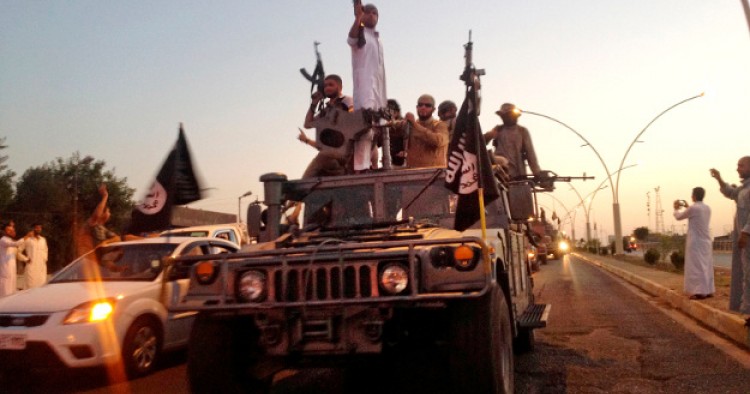Read the full article on LobeLog.
To revive a united Iraq, it’s not so important when Mosul and other Sunni Arab urban areas are retaken from the self-styled Islamic State (ISIS or IS). Rather, it’s how they are recovered. The nature of the Iraqi government’s effort to retake Tikrit casts doubt on whether it understands this distinction. In fact, Baghdad’s Tikrit offensive since March 2 suggests that it is opting for ruthless, divisive practices typical of discredited ex-Prime Minister Nuri al-Maliki. Despite their zeal to crush IS, the US and its anti-IS allies must not ignore the grave dangers posed by ramped-up Iranian and Shi’a militia involvement.
First of all, few military endeavors are more challenging than urban warfare. History has left a tragic trail of cities “liberated” but shattered by combat: Stalingrad 1942-1943, the core of Manila 1945, Seoul 1950-1951, and so on.
In Iraq, veteran US forces “liberated” Fallujah from fewer than 2,000 Iraqi insurgents and al-Qaeda in Iraq (AQI) fanatics in late 2004. Yet, even crack US troops required so many air strikes, heavy artillery barrages, and tank attacks that much of Fallujah was destroyed or badly damaged. Most recently in Kobani, intense and lengthy urban combat backed by heavy firepower reduced to rubble this lovely city of 50,000 in northern Syria.
How NOT to “Liberate” Mosul
A premature campaign that fields a force without a substantial edge over defenders guarantees a prolonged, grinding battle—street by street—resulting in maximum damage. Secretary of Defense Ashton Carter said on March 3 that the US Central Command’s earlier announcement about Iraqi forces moving against Mosul as early as April or May had been neither accurate nor wise. These US comments about what it might do and when naturally angered Baghdad, with its army still struggling to pull itself back together.
The Middle East Institute (MEI) is an independent, non-partisan, non-for-profit, educational organization. It does not engage in advocacy and its scholars’ opinions are their own. MEI welcomes financial donations, but retains sole editorial control over its work and its publications reflect only the authors’ views. For a listing of MEI donors, please click here.













